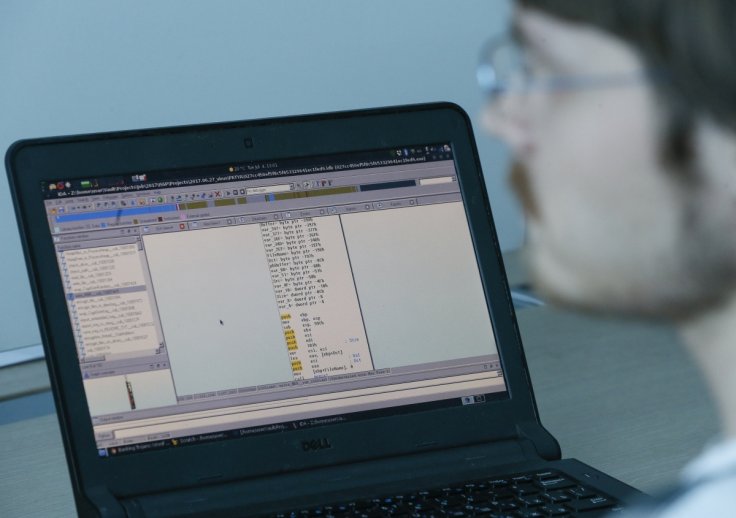The controversial 'Pegasus leak' is being discussed widely and the global media is running banner headlines over the leaked database issue. A crucial investigation has also revealed the involvement of the United Arab Emirates (UAE) in targeting Financial Times Editor Roula Khalaf. The report said that the Arab country may have used Israeli spyware to hack Khalaf's mobile phone.
Who is Roula Khalaf?
Lebanese-born Roula Khalaf, who became the London-based paper's first-ever female editor last year, was one of more than 180 journalists around the world selected as candidates for surveillance by government clients of the Israeli NSO group, according to the Guardian.

Roula Khalaf was Among the Potential Targets Throughout 2018
The leak suggests that Khalaf's phone was selected as a possible target by the UAE. At the time, Khalaf was a deputy editor at the FT. A spokesperson for the Financial Times said: "Press freedoms are vital, and any unlawful state interference or surveillance of journalists is unacceptable."
The investigation found that the UAE was also possibly behind the hacking of journalists at The Economist and Wall Street Journal, and may have deployed malware against a further 10,000 phone numbers belonging to activists and lawyers.
UAE Using Israel's Pegasus Malware to Spy on Citizens
In 2018, a report published by The Citizen Lab, a Canadian cybersecurity organization had exposed how the UAE has been extensively using the spyware Pegasus to spy on their own people and track human rights advocates.
The Arab country has also used the phone hacking spyware to spy on several Arab figures, including the Emir of Qatar, Lebanese Prime Minister, and a Saudi Prince. It is claimed that Pegasus was used to spy on the phone belonging to journalist Jamal Khashoggi, who was murdered by a team of Saudi officials in the Istanbul consulate in 2018.

Israel 'Encouraged' Sale of Pegasus Spyware to UAE and Other Gulf Regimes, Report finds
According to the Haaretz, an Israeli newspaper, Israeli officials helped market and mediate between notorious spyware company NSO and Gulf regimes including UAE and Saudi Arabia, where it has been used to crack down on peaceful dissidents.
A report published in The New Arab media outlet says that the Israeli government put NSO, which makes hundreds of millions of dollars worth of annual revenue from its contracts with Gulf regimes, in contact with governments in the region, including Saudi Arabia, Oman, Bahrain, and the emirates of Abu Dhabi and Ras Al-Khaimah.
Pegasus - The Ultimate Spyware Used For Surveillance
Pegasus has been developed by NSO Group Technologies, an Israeli technology cybersecurity firm. Pegasus is a program that allows the controller (a person who has injected the spyware) access to the infected smartphone's microphone, camera and one can even gain access to messages, emails, and collect location data too.
As per a Kaspersky report, Pegasus even allows one to listen to encrypted audio streams and read encrypted messages. Basically, the hacker has access to the entire phone.
The Israeli company, NSO Group, claimed that it only offers its spyware to vetted government agencies and is intended to fight against terrorism and crime. First detected in 2015, the NSO Group's Pegasus malware has reportedly been used in at least 45 countries worldwide to infect the phones of activists, journalists and human rights defenders.









